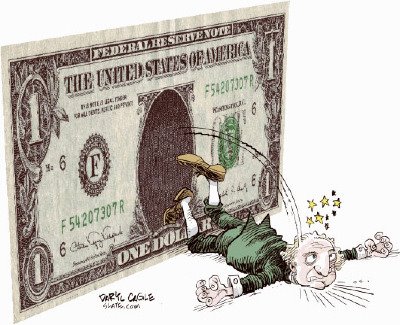Poland leads dissent at EU finance meeting on climate change costs
 Gothenburg, Sweden - European Union nations were braced for battle Friday on how much they should pay to help the developing world fight global warming - with Poland leading the dissenters at a meeting in of finance ministers in Gothenburg.
Gothenburg, Sweden - European Union nations were braced for battle Friday on how much they should pay to help the developing world fight global warming - with Poland leading the dissenters at a meeting in of finance ministers in Gothenburg.
"From our point of view, it is totally unacceptable that the poor countries of Europe should help the rich countries of Europe to help pay the poor countries of the rest of the world," said Polish Finance Minister Jan Rostowski ahead of the informal meeting of EU finance ministers.
The European Commission has estimated that the developed world will have to finance poorer countries to the tune of 100 billion euros (145 billion dollars) per year by 2020 to help them adapt to climate change.
The EU's executive believes part of this sum - up to 15 billion euros - should come from European taxpayers'.
But many of the EU's poorer and most polluting countries are unhappy with the idea that this sum should be shared out between them on the basis of a combination of emission levels and wealth.
Poland, for example, gets more than 90 per cent of its electricity from polluting and ageing coal plants. And its government argues that only ability to pay, not pollution levels, should be taken into account - a view shared by many former communist nations from Central and Eastern Europe.
"We will not agree to a mechanism which would lead to such a completely unjust proposal," Rostowski said.
Danish Finance Minister Claus Hjort Fredriksen, whose country will host global climate change talks in only two months' time, conceded that the burden sharing issue was a tricky one.
"It's very complicated, but everything moves in the right direction. We are working hard for a result in Copenhagen," Fredriksen said.
And the minister, along with several of his colleagues, admitted that he had relatively low expectations about Friday's meeting.
"This is just a step in the process. We have to feel each other's points of views," Fredriksen said.
And while the Dutch minister, Wouter Bos, insisted that ministers should at least attempt a compromise on figures while in Gothenburg, most expected that a deal would only be reached when EU heads of state and government meet in Brussels at the end of the month. (dpa)